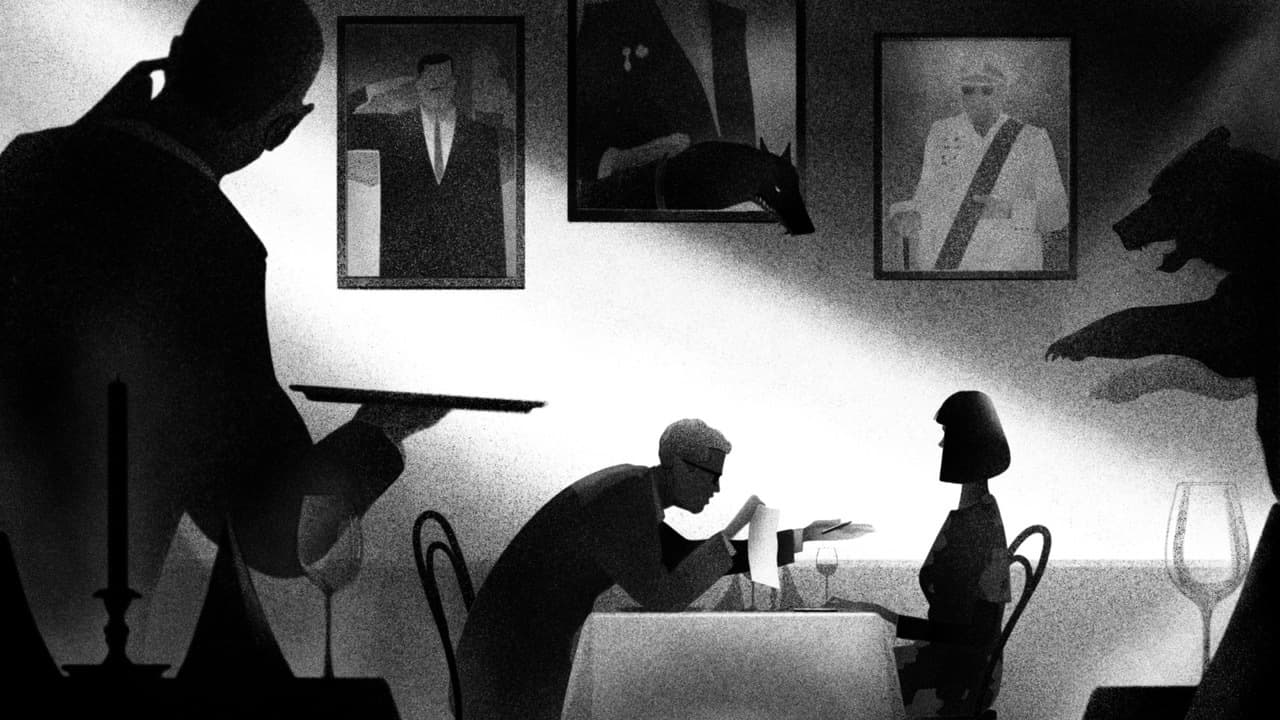
Do City lawyers need an ethics check-up?
Imagine being hit with a lawsuit. It could be a dispute you’ve had with a business partner or an employer, or something else. As you prepare for the case, you find out that the other side has got hold of emails hacked from your own inbox. It turns out they have also secretly recorded you. And your friend is testifying against you – because the other side is paying them. Would you think that’s fair?
It might seem far-fetched, but all of that is legal in the courts of England and Wales. Not only that, but it’s pretty common when it comes to the enormous lawsuits being fought by oligarchs, kleptocratic regimes and the like.
The Bureau has been investigating the often borderline methods British lawyers and private investigators use to fight these cases for a long line of questionable clients. We wrote about this in a joint piece with the New York Times this summer. Politicians, lawyers, academics and corruption campaigners were shocked by our findings and many agreed they were observing more and more the same things themselves. They agreed that the belief in a fair justice system was being eroded. What no one quite knew was why nothing was happening to change it and why there wasn’t even much of a public conversation around it.
The Bureau's mission is to drive change through investigative journalism, and to do that we need to do much more than simply publish stories. One of the ways our reporting can make an impact is by facilitating important conversations — conversations that can also inform our journalism and build better connections between potential change-makers. So last week, we brought a group of lawyers, academics and campaigners together with our Enablers team to discuss this thorny issue.
Quite early on, we figured out there were two distinct areas that are causes for concern. The first is the kind of lawsuits that are being brought and the motivations behind them. Many of the litigations being brought by foreign parties in UK courts are serving a very different purpose to what they pretend to be about. For example, a politician in Kazakhstan may want to tie an opponent in knots to sap his time and resources. Or the claimant may want to force the defendant to help them with another lawsuit or a political problem and baring their sharp legal teeth will get them to cooperate.
One argument is that if a lawsuit really is vexatious, it will quickly be kicked out by a judge. But often it’s hard for the judge to tell. Often there is some sort of evidence, it’s just that it’s from another country and the judge doesn’t understand the context of that country. For example, would you give a police report from Russia the same weight as one from the UK? Judges don’t generally go into this kind of context and that leads to them often missing the bigger picture. Their job is to apply the law, nothing more.
A few people suggested different versions of the same solution. Could you introduce a system where lawyers had to apply a sort of public interest or morality test before pursuing legal proceedings?
Many lawyers cringe at the thought, arguing that the legal system should be open to everyone. The problem is that this totally ignores the role money plays. Strategic litigation is only something you can do if money is not an issue. You need a lot of cash to fund these actions. The current system favours the super-rich and it doesn’t care how they made their money.
The second area of concern is the methods that are used in these lawsuits. Things like invasive surveillance, using hacked or stolen material as evidence and paying witnesses are not only allowed by civil courts, but on the rise. These methods are fuelled by a flood of money from elites in places including Russia and the Middle East. Much of that work is carried out by private investigators, who are totally unregulated. But the beneficiaries are the lawyers making the case.
The reason these methods are allowed is that most English judges take the view that it is better to have all the evidence in front of them, because that will allow them to come to the correct conclusion. But that ignores that a lot of the behaviour is highly unethical.
Fixing this problem is a knotty issue. One suggestion was to try and limit these practices by forcing lawyers to first check whether they meet an ethics test. They must also be accountable for what the investigators they use do, some people said. At the moment, the people at our discussion said it was very difficult to hold anyone to account, even when rules or laws were infringed.
Public prosecutors don’t show any interest in doing anything. The Solicitors Regulation Authority has not identified this as an area of interest. The targets in these situations either don’t have the money or the time to pursue difficult and probably expensive cases. If they decide to sue the other side for infringing their rights, they might win some compensation, but they would probably lose more in legal costs. Ultimately, there needs to be some political leadership or the situation will only get worse.
We covered a lot of ground, but what’s clear is that there needs to be a lot more conversation around this. Politicians need to get involved in the debate; lawyers need to be proactive about protecting their profession; investigative journalists need to keep digging; and we all need to collaborate. Otherwise the degradation of the system will continue.




